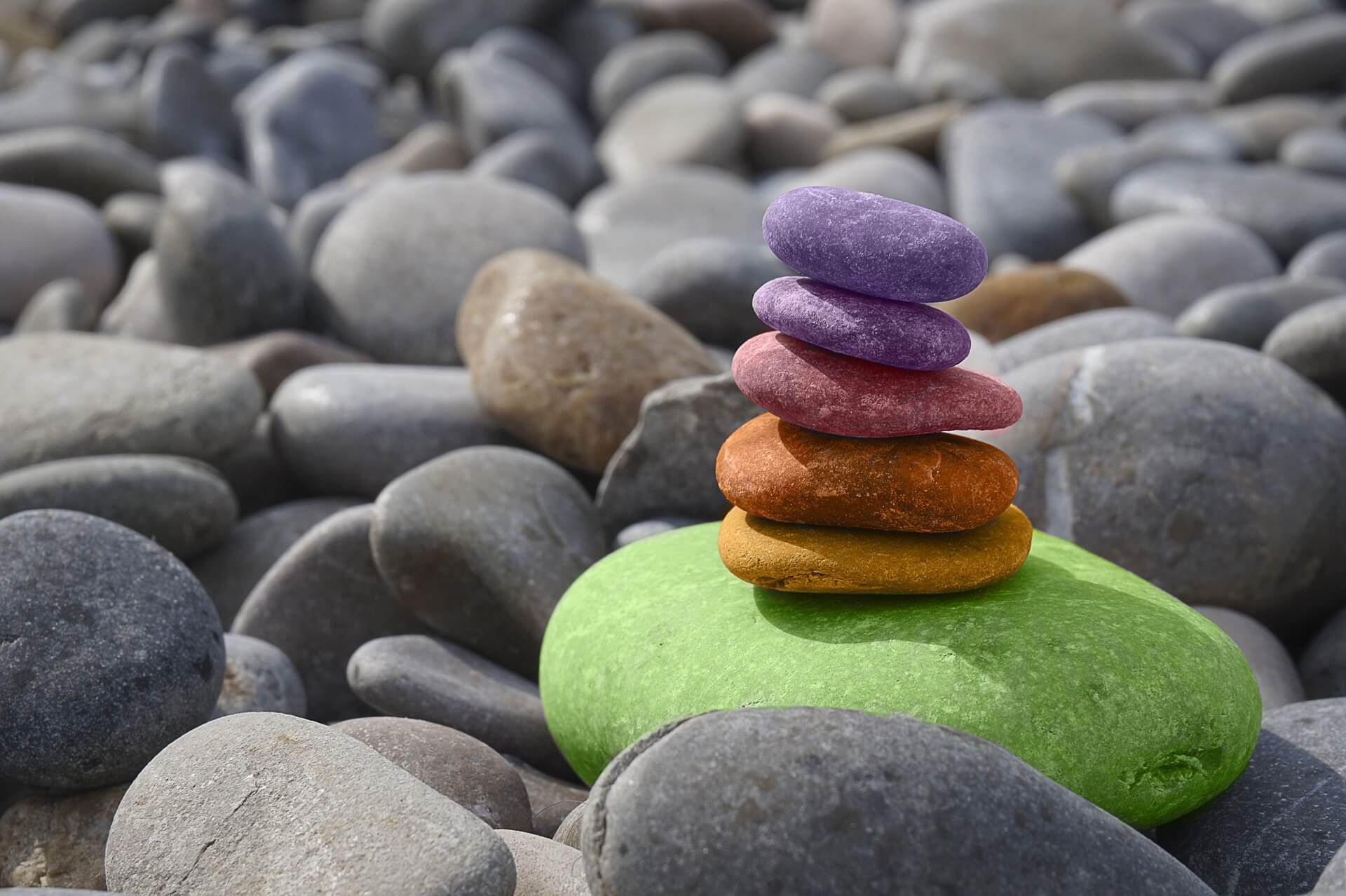Nourishing Your Mind and Body For Life
Nourishing Yourself Is A Necessity, Not A Lux ury
ury
Maintaining a daily dose of self-care or self-nourishment means nourishing your mind and body by getting enough sleep, eating properly, having fun, and relaxing. This often may mean making time to do these things which may be easier if you have them booked into your already busy schedule. Taking the time to provide nourishment to yourself is critical to stay grounded, increase your energy reserves, peace of mind, determination you will need in order to pursue your goals, dreams, and activities that make up your life. It can also contribute to a more peaceful perspective which is essential to reducing anxiety. Because the pace of modern life is so crazy and often unrelenting, it is even more important to look after our physical and emotional well-being which is often overlooked. Self-nourishment is seen as a luxury by some, and often they think they can’t afford it. You can’t afford not to make it a part of your daily schedule or you can become more susceptible to stress and burnout. Leaving you with a dreadful quality of life, which can lead to depression, increased anxiety, self-hatred, and poor self-esteem. Just to name a few.
Everyone needs downtime to unwind sometimes. Downtime is exactly what it means – time away from work or other things you have on the go. It’s a time to relax, rest and recharge your batteries. Stress will start to become cumulative from work and other activities, if regular breaks are not taken. It can keep building until a break is had. Even though you may push yourself to exhaustion without a break this may irritate your anxiety and phobias. Sleep doesn’t constitute downtime either. Sleep can feel like a welcome reprieve but even if you go to bed stressed out and tense and get your eight hours of sleep your likely to wake up the same way. In order to experience some real downtime, an individual needs to schedule it every day, during the day, separate from sleep time. This scheduled break in the stress cycle is essential and serves a main purpose which is to prevent your stress from building up. To optimize this downtime and reduce stress, you should have the following amounts of breaks:
- At least 1hr/day
- 1 day/week
- 1 week out of every 12 to 16 weeks
Rearrange your finances so you can take time off, if you don’t have 4 weeks of paid holidays per year. Any work that you would normally do at your job or that you are regularly responsible for you should stop doing, during these downtimes. Also, it may be helpful to take a break from answering phone calls unless these are healthy positive persons, and emails at this time to truly get the rest and relaxation that you need.
Types of Downtime
There are three types of downtime, each is a critical component in developing a more anxiety-free life: relaxation time, recreation/activity time, and relationship time should all be part of this consideration.
Relaxation Time
Relaxation time is a period of time that is set aside specifically for resting your mind and body without all the activities and work that you would normally be involved in. You become one in the moment by allowing yourself to rest by stopping all activities and letting your body/mind completely rest. This relaxation time can mean lying around on a couch, mediation, reading, soaking in a bathtub, listening to peaceful music, or doing gentle stretches. The main key to relaxation is to use this time to become passive and allow yourself a break, to stop doing and accomplishing and just be in the moment.
Recreation/Activity Time
Now your probably aware of what recreation/activity time is, but let’s review just in case. Recreation/Activity time means becoming involved in and participating in something that not only engages you but helps you to recharge your low batteries by giving you more energy and vigor. It can brighten your day or uplift your spirits. It can be anything you find fun and that involves healthy play of any kind. This may include: gardening, pottery, reading a novel, golfing, watching a movie, going for a hike, baking cookies or fishing;etc. Recreation can be taken during your work week but the best time to utilize this time is by doing the activity on your day off from work. You decide whether you want to do this alone or with someone else. This overlaps with our third type of downtime which is relationship time.
Relationship Time
In some cases, relationship time can mean being with one person or several other people while setting aside your own private time. The whole point of relationship time is to honor and respect that time with your partner, friends, family or pets and to forego your own personal goals for a little while. It can be a difficult balance at times between having enough equal time for family, friends and a partner when you have a busy schedule. Even so, this time alone with each person or an entire family is vital to increasing your quality of life and theirs.
A healthy balance of all three of these types of downtime can contribute to your mental and physical health and well-being. Getting past workaholism, being willing to do less at times are all important steps in learning to enjoy all aspects of your life and to achieve more balance. Making time for rest, recreation, and relationships can be challenging at first when your not use to it, but tends to get easier and become more rewarding, as time goes on.
Give it a try and see how it goes. It may feel uncomfortable but that will pass. Enjoy! Let us know how you make out.



